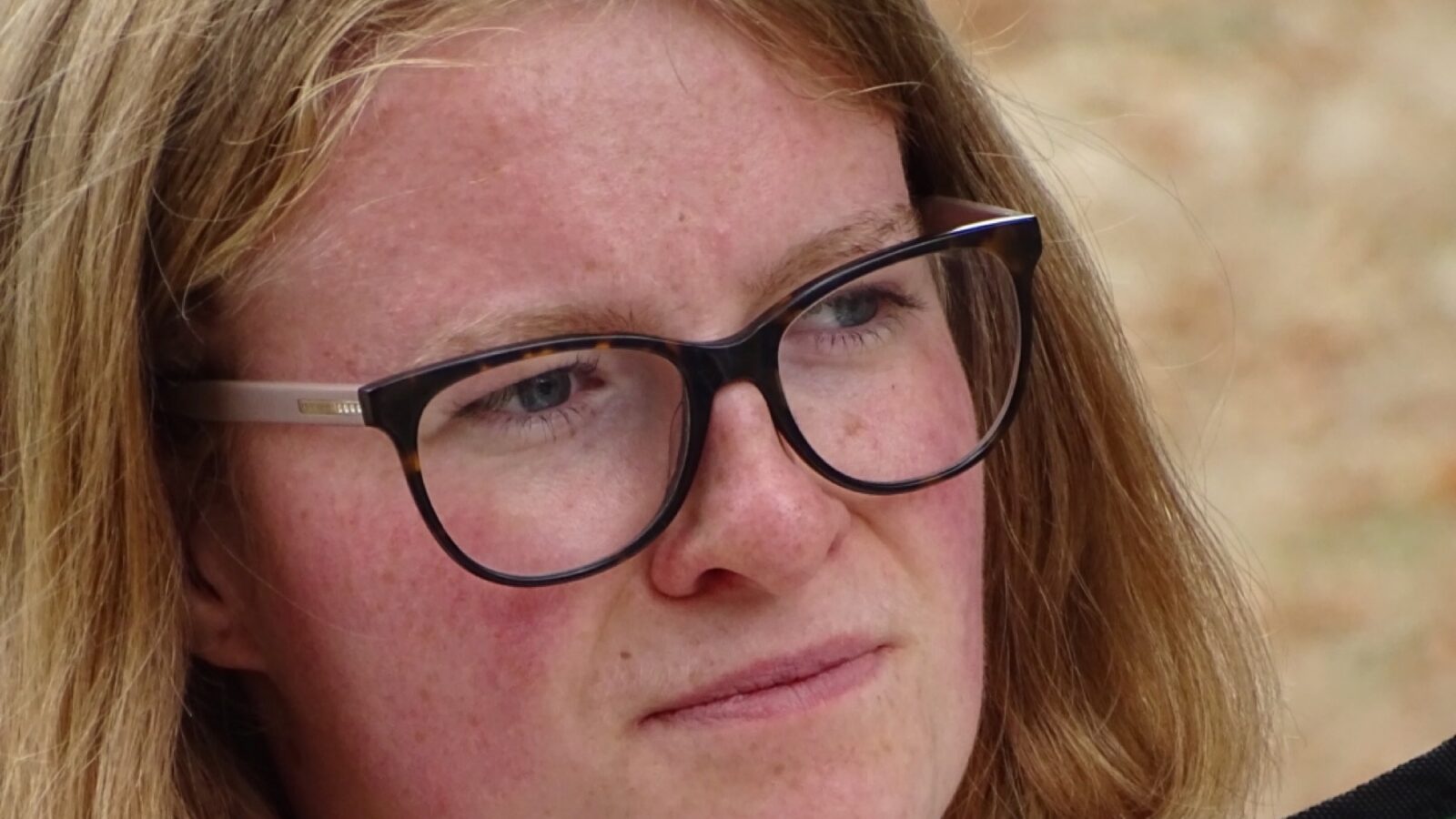The spending power of the 1.5 million people with learning disabilities in the UK is approximately £28 billion per year, based on figures from the charity Scope.
Yet a shocking 75% of disabled people and their families have walked away from a business because of a lack of accessibility or customer service, research by the charity found.
This has driven the Sunnybank Trust, which supports around 300 people with learning disabilities in north-east Surrey, to launch an enterprise to improve customer service experience and accessibility.
Understand Us, the Learning Disability Experts, is a co-production consultancy set up to help businesses reach a valuable and largely untapped market while making the consumer experience better for both those with a learning disability and everyone else.
The experts paid great care and attention to many details, and what they liked and didn’t like
We developed the idea alongside the people we support – because they are the real experts.
Our 10 consultants are paid on a project by project basis, at a rate higher than the minimum or living wage. They are supported by three staff members (who do not have learning disabilities) as needed.
When not actively working on paid-for projects, the consultants receive free training as part of Understand Us to develop their skills and confidence.
The only way change is possible is when people are connected and enabled to talk about matters that are important to them; solutions come from talking, listening and understanding.
Grace Herman, a learning disability expert from the Understand Us team, says: “We want to be listened to. We don’t want to be let down and have bad experiences as it can have a big impact on our emotional wellbeing.
“People rushing me and using long words can be a real problem and makes me feel overwhelmed. People can say the wrong things assuming you have a problem rather than a disability. Some people don’t take time to understand.”
The team have already made great strides since Understand Us was launched in March.
For example, the consultants were commissioned to deliver an accessibility audit for RHS Wisley Garden for a new visitor exhibition before it opened to the public.
An RHS Wisley spokesperson praised the “expertise, thoroughness and their friendly attitude” of the team towards their work: “The team of experts took great care and attention to focus on many details, including what they liked and didn’t like about the building, space and exhibition.
“Importantly, they told us what should be changed, taken away or included to make a positive experience that is both meaningful and enjoyable for people with learning disabilities.”
Herman says: “After our visit, we gave feedback and they made some changes that we suggested. They improved access to the lift and put volunteers at places where visitors can get information about the displays and games more easily.”
We are excited about the prospect of Understand Us changing the way we all do business for the better.
Often the solutions are making simple, manageable changes that will ensure a wider group of customers will get more from a business.
By working together, we can make changes that mean better experiences and better business.
We believe no one is better placed to identify the problems and offer solutions to improve this issue than those with firsthand experience of it.
Dorothy Watson is chief executive of the Sunnybank Trust





